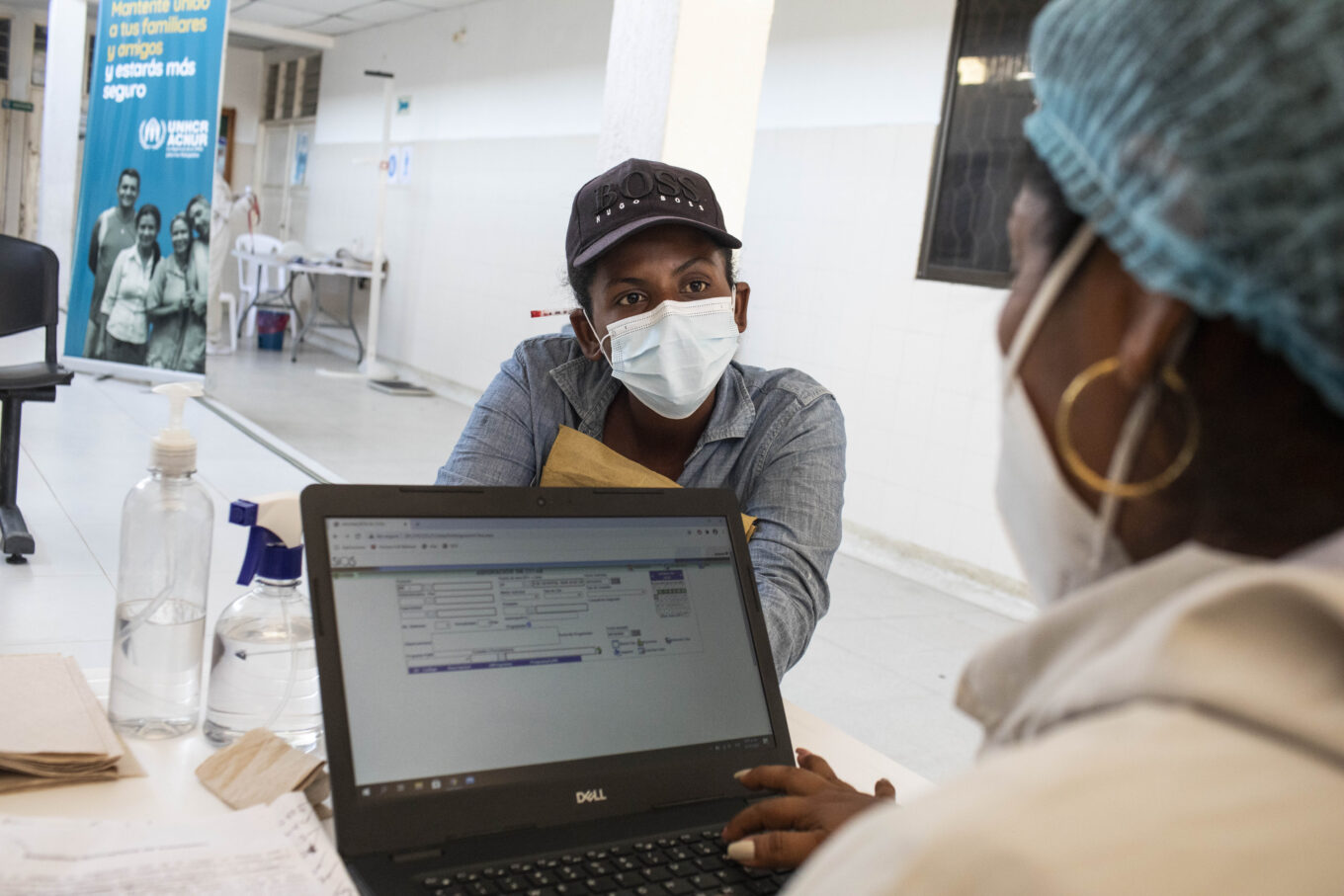
On March 11, 2020, the World Health Organization declared the novel coronavirus (COVID-19) outbreak a global pandemic. The scale and scope of the pandemic were extraordinary and the global nature of the response was of a magnitude and complexity that went far beyond any previous actions in the humanitarian field.
The global nature of the crisis necessitated a thorough evaluation to understand the effectiveness of the humanitarian efforts, identify areas for improvement, and fortify strategies for future challenges.
UNHCR and its partners conducted three evaluative exercises.
- The Joint Evaluation of the Protection of the Rights of Refugees during the COVID-19 Pandemic, managed by UNHCR with the Governments of Colombia, Uganda and Finland, and the network ALNAP, under the auspices of the OECD DAC-led Global Evaluation Coalition. The evaluation examines the effectiveness of international cooperation and the combined response of host states, UN system agencies, and non-governmental and civil society organizations including refugee-led organizations in ensuring the protection of the rights of refugees during the global pandemic.
- The Inter-Agency Humanitarian Evaluation of the COVID-19 Humanitarian Response, led by OCHA with UNHCR as one member of the Management Group. It presents an independent assessment of the collective efforts of the Inter-Agency Standing Committee member organizations in support of people, and with government and local actors, in meeting the needs and priorities of the world’s most vulnerable people in the context of COVID-19.
- A synthesis of evaluative evidence of UNHCR’s response to COVID-19, led by the UNHCR Evaluation Office. The report applies independent evaluative and other evidence to examine how UNHCR navigated the complex strains of the COVID-19 pandemic from 2020 to 2022.
These focused on three critical questions: How did UNHCR and others protect the rights of the people it serves, and prevent harm? How did UNHCR adapt and respond? and, how effectively did UNHCR work with and through partners?
In response to the findings of these evaluative exercises, UNHCR prepared a comprehensive response and lessons paper. This document outlined key corporate commitments aimed at enhancing policies, systems, and operational practices. The goal was to make the organization more resilient and responsive to future shocks, ensuring a more effective and coordinated approach to humanitarian crises.
Importantly, the assessment and subsequent commitments underscored the significance of learning from the challenges posed by the COVID-19 pandemic. Understanding the strengths and weaknesses of the response would not only improve future crisis management but also contribute to the overall development of more effective and adaptive humanitarian practices.
For any questions, please reach out to UNHCR’s Evaluation Office [email protected]
